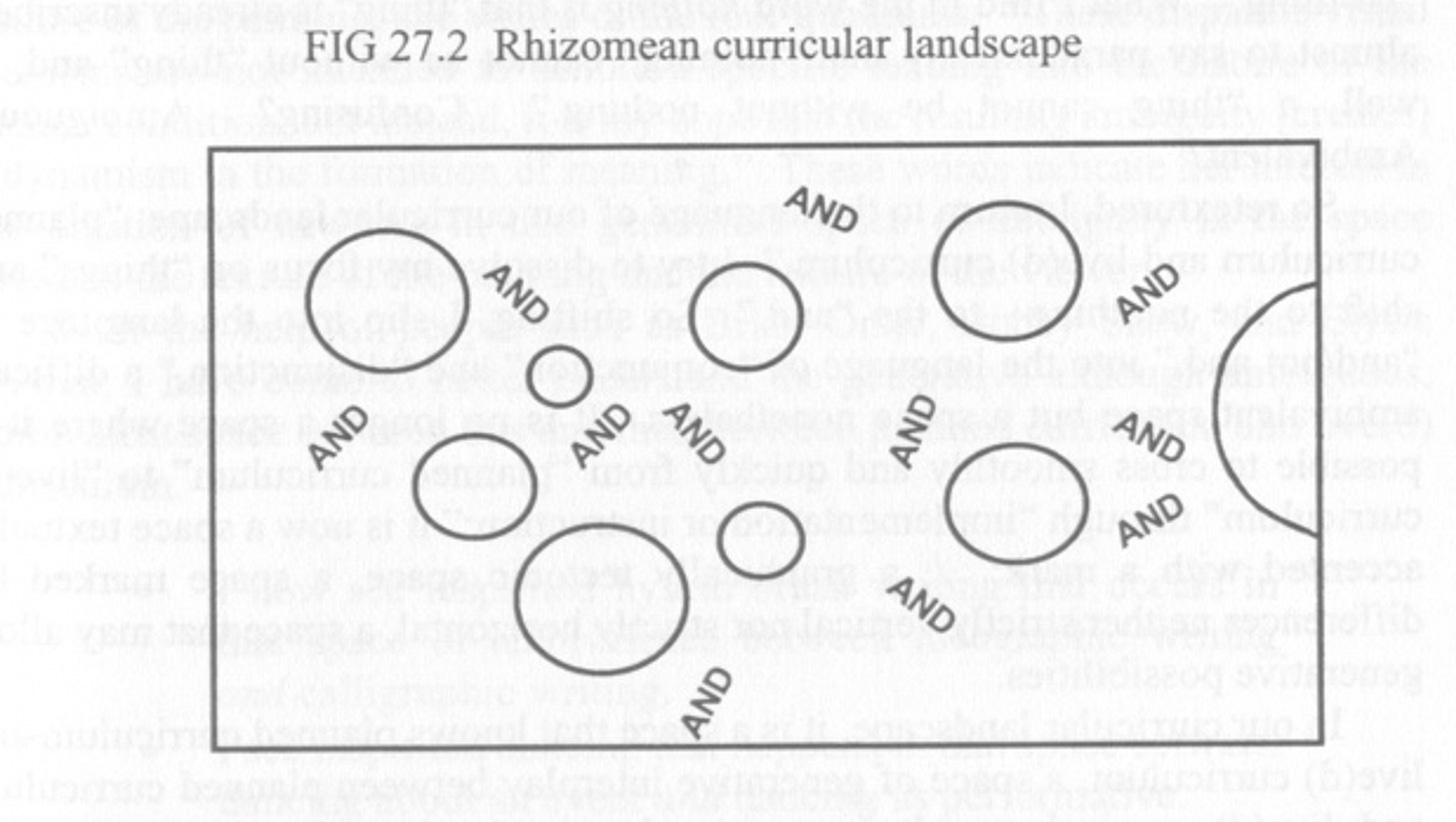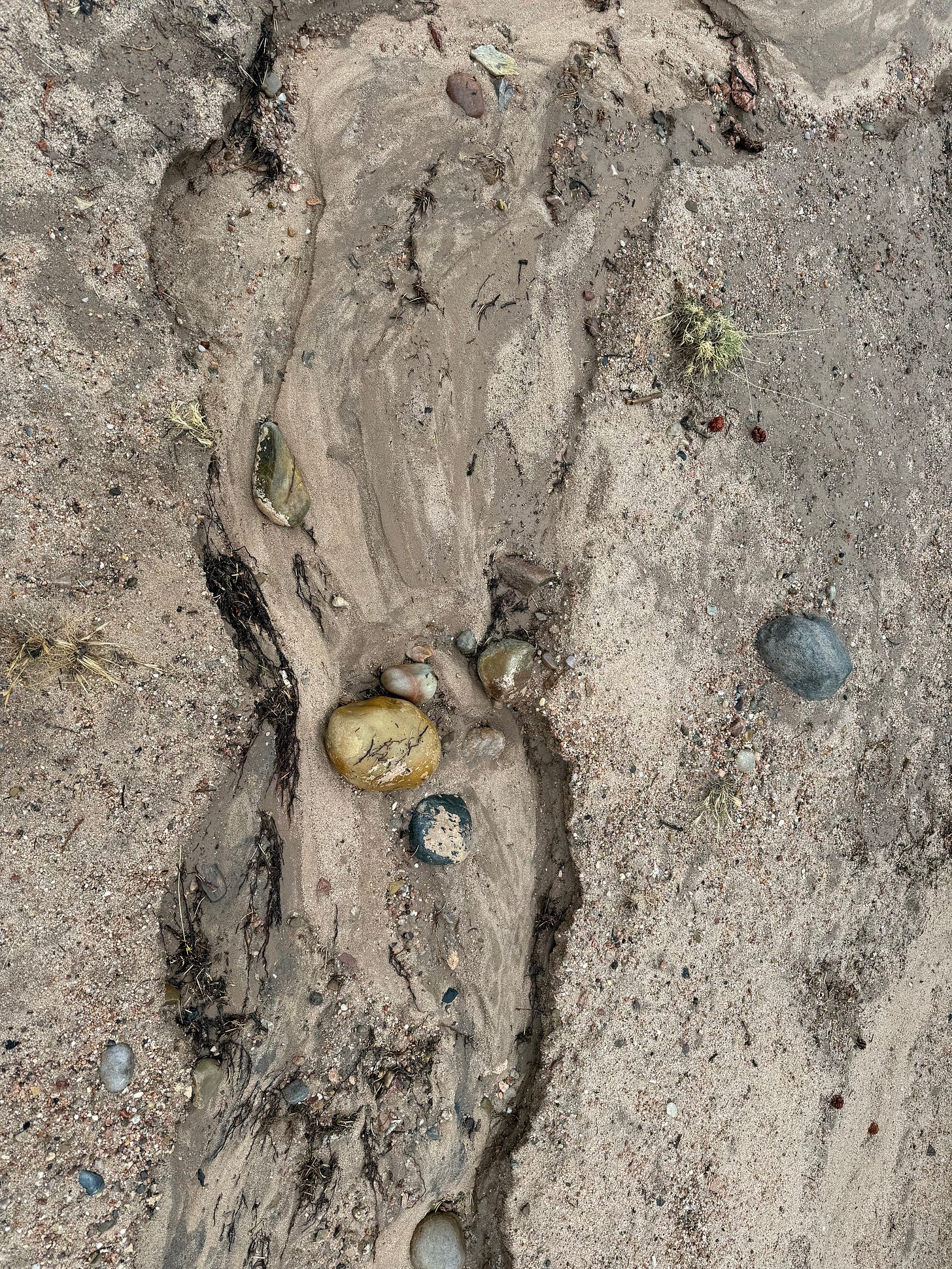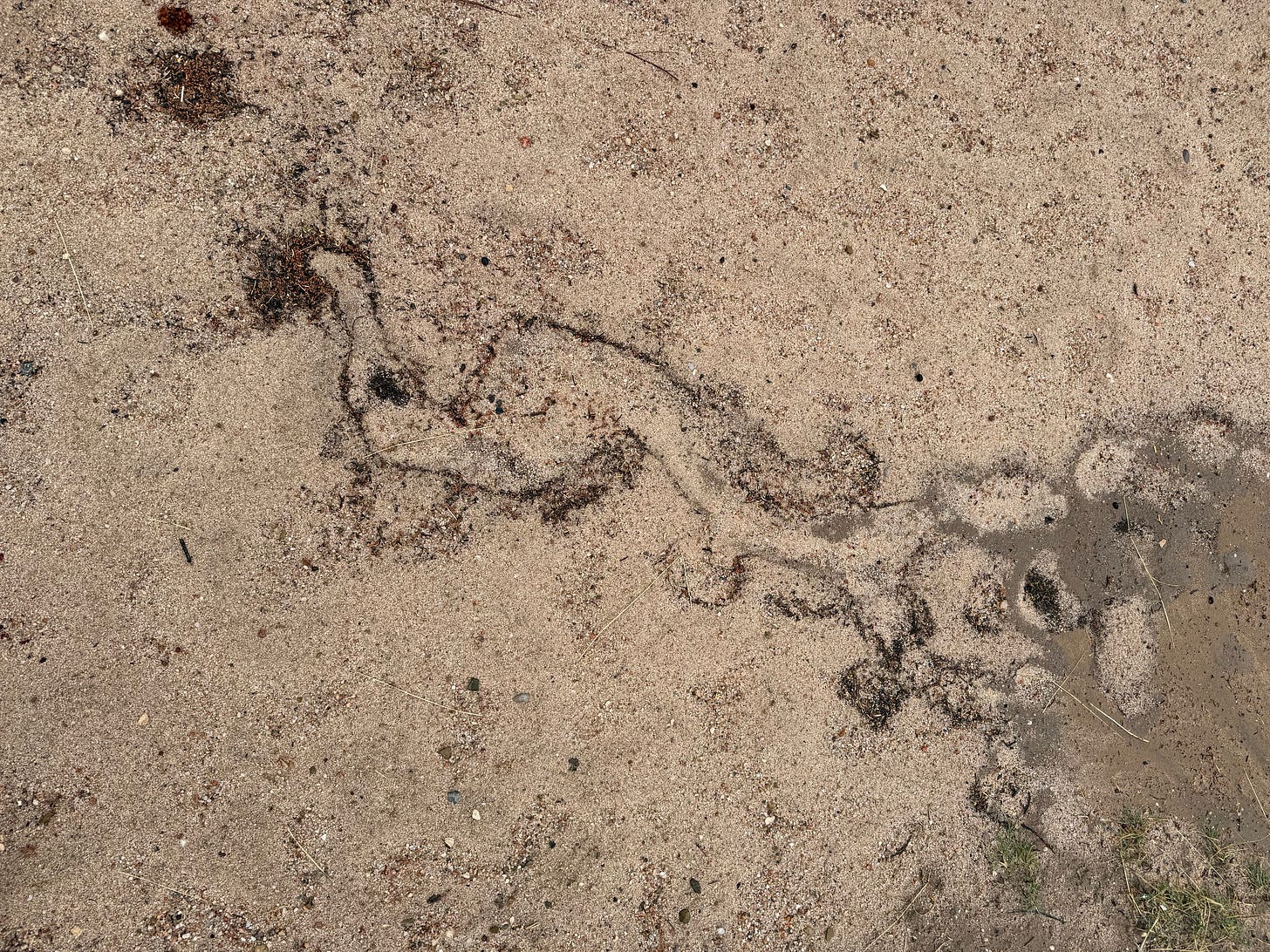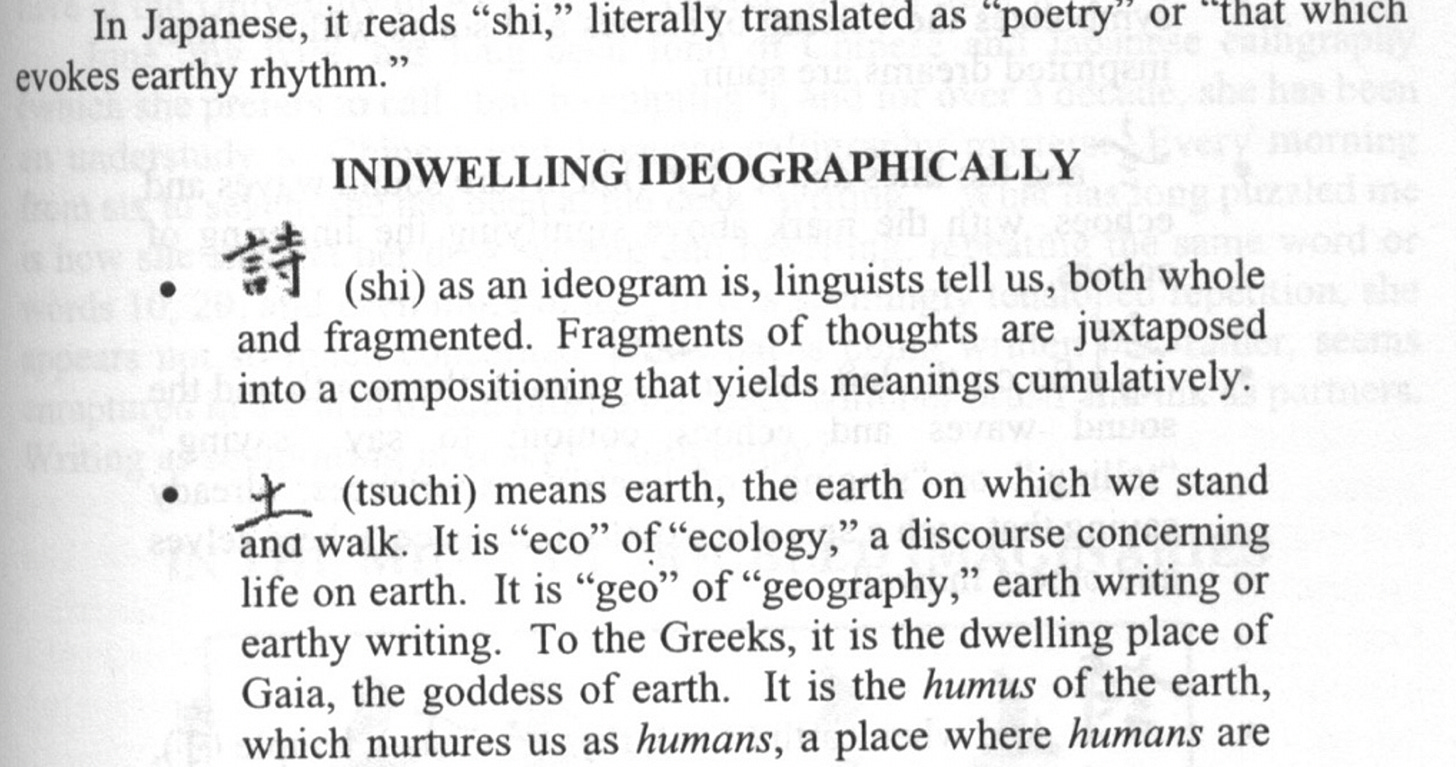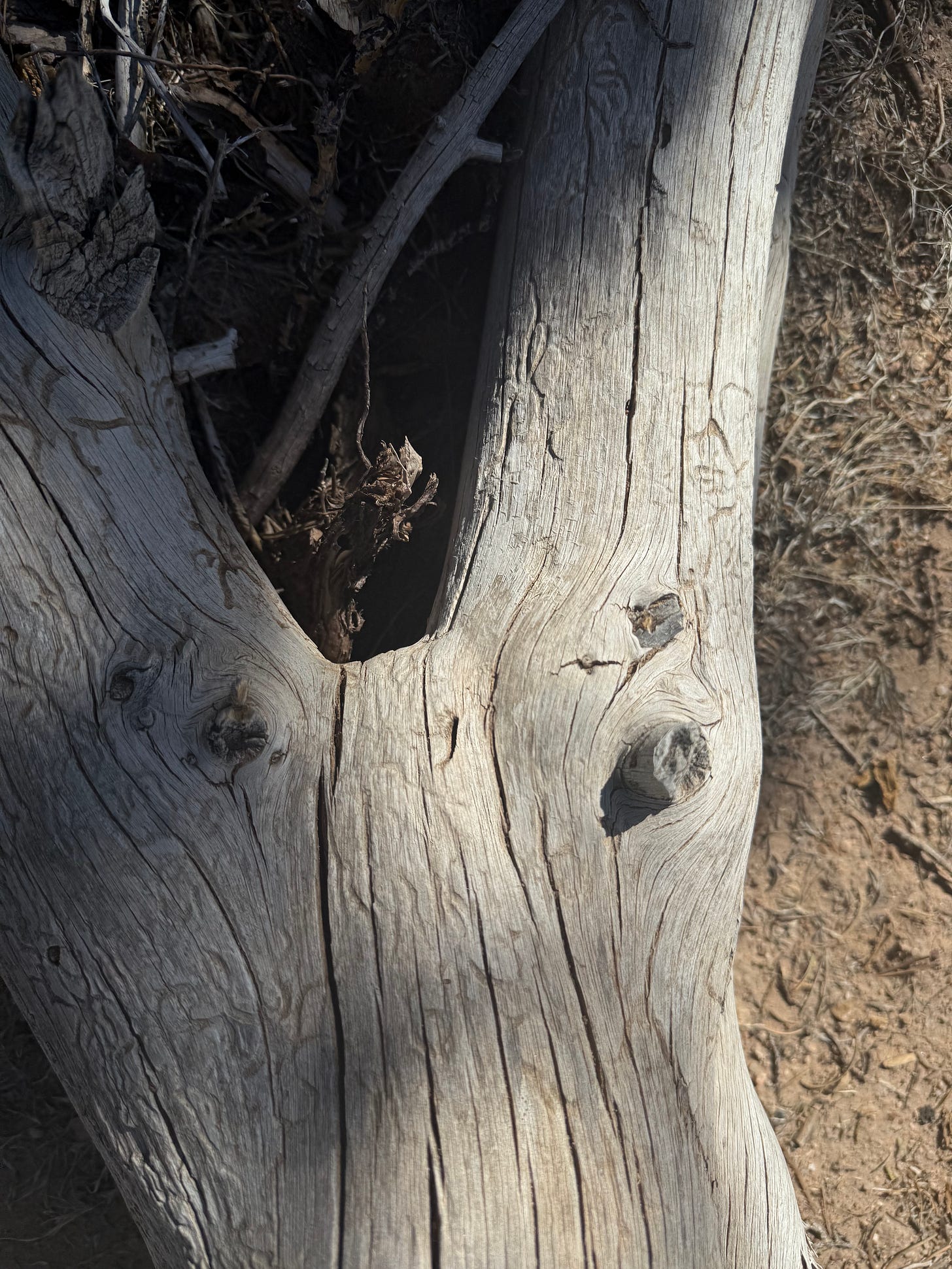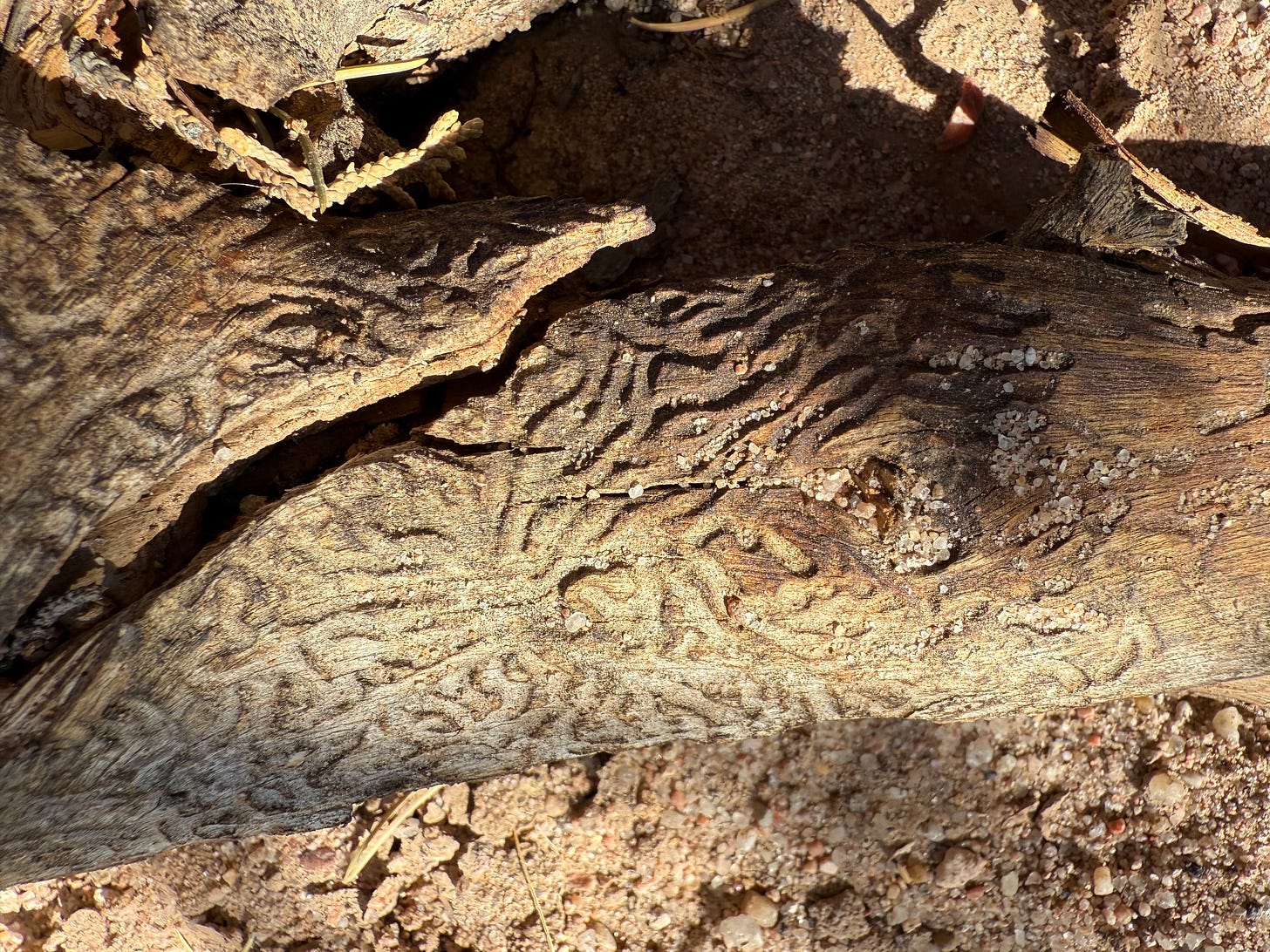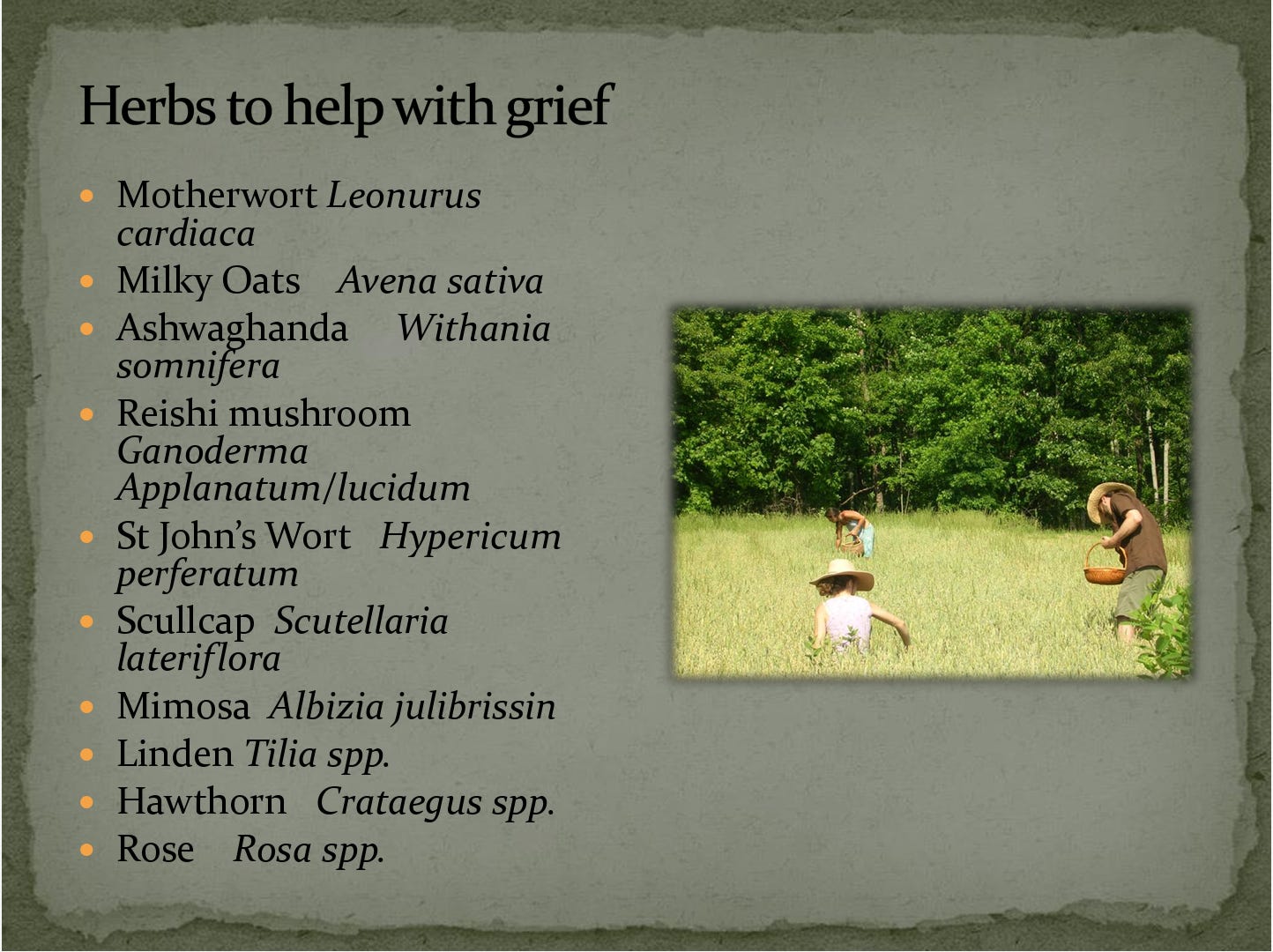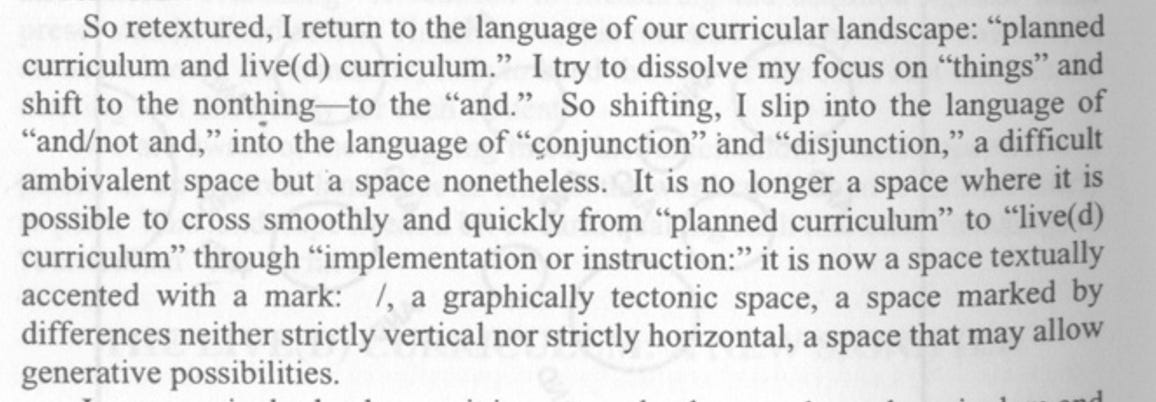0:00
An ephemeral rivulet has crossed
0:11
the concrete path.
0:02
All the rocks have been washed in the rain basin
0:16
by the hands of the rain.
—and allow oneself to be struck by something. […] You can’t have a method that tells you what to do beforehand. (Jameson, 2024)
0:00
The rocks (and i) have been cleansed of algorithmic tech junk.
0:01
She is made of the shapes of water flow.
0:10
She is made of the shapes that water flow has left behind.
I start out in one place and there is something that perpetuates itself. (Jameson, 2024)
0:00
The rocks have been cleansed of algorithmic tech junk by the rain.
That would be my approach to the way in which the form is a limiting matter, and how, if you want to innovate it, you have to turn it around. (Jameson, 2024)
0:01
The rain has moved a stick from one place to another.
Working in second language education, Aoki understands bilingualism as a hermeneutic dialectic where education is inherently a bilingual matter occupying the lived and educational spaces between mother and additional languages, thus resisting cultural assimilation. Moving beyond binaries and dwelling in the “and,” Aoki cautions us to resist dualisms. (Encyclopedia of curriculum studies, p 41)
0:00
When ethics become codified are they ethical?
0:01
Sometimes I let the shade wash over me.
[…] what you begin to notice is that the text is not a single thing but a set of different raw materials that are put together. […] I mean, the very first novels were cobbled together out of essays and various kinds of local genres, then turned into some kind of overall story and smoothed out and made to look as though they were unities. (Jameson, 2024)
Joyce said that Ulysses is about the big talkers. Well, they’re big talkers because they are in a colonial situation where they have nothing to do but talk, which is why there is this tremendous overemphasis on language and poetry, on eloquence, in the book. It’s a compensation for impotence. (Jameson, 2024)
0:01
Sometimes the most potent medicine
0:08
is the gentlest.
0:11
etymology of potent
I think one has to be very careful not to allow all this theory to make one overly intellectualistic or self-conscious about what one does. There are examples where, clearly, that self-consciousness has produced all kinds of interesting expressions, but I feel it’s dangerous. You can become hyperintellectual—unable to follow what’s going on inside yourself, your unconscious and your fantasies, in a naive way. On the whole, it’s better that the theory sink down into the unconscious and express itself in other ways. (Jameson, 2024)
0:30
Ideas of healing
0:00
the war mind and limited possibilities.
0:01
Is the capitalist metacurriculum that if we’re taught in the same way, we'll learn in the same way, we'll produce in the same way, we’ll buy in the same way?
(normative learning, normative consumption)
0:32
The metacurricular project of fitting diverse learners into normative forms—conforms the diverse margins to capitalism’s monocenter.
0:52
The industrial model
1:13
extracts to assemble the linear. Creativity extracted from intelligence, intelligence extracted from creativity. (Might the intelligent be divergent? The divergent intelligent?)
1:42
denatures humanity to the one-possibility war mind. (or the one-possibility resist-war mind)
1:50
We slay the imagination like a hero killing the dragon. James Hillman said the western dragon is the mother.
[…] the revolution is always taking place somewhere else. (Jameson, 2024)
My idea of influence is like that—it’s not about similarities, necessarily, but what opens the door to all the things you thought you weren’t allowed to do, never thought of doing. It’s a permission. (Jameson, 2024)
Prompt:
I mean, how do various artists deal with the necessity of incompletion? And how do they invent endings that absorb incompletion? Do they deliberately create the incomplete somehow? In a way, it’s a sign that reality itself is incomplete, and one should respect that. (Jameson, 2024)
So retextured, I return to the language…
References
(2010). Aoki, T. In C. Kridel (Ed.) Encyclopedia of curriculum studies (pp. 41-41). Sage Publications, Inc., https://doi.org/10.4135/9781412958806.n22
Aoki, T. (2005). Spinning inspirited images in the midst of planned and live(d) curricula (1996). In W. F. Pinar & R. L. Irwin (Eds.), Curriculum in a new key (pp. 413-23). Lawrence Erlbaum Associates.
Kunkel, B. (2024). Fredric Jameson, The art of criticism no. 5. [Interview]. https://www.theparisreview.org/interviews/8373/the-art-of-criticism-no-5-fredric-jameson
Maier, K. (n.d.). Navigating depression as a tool for transformation. Sacred Plants Traditions. https://sacred-plant-traditions.thinkific.com/courses/depression



